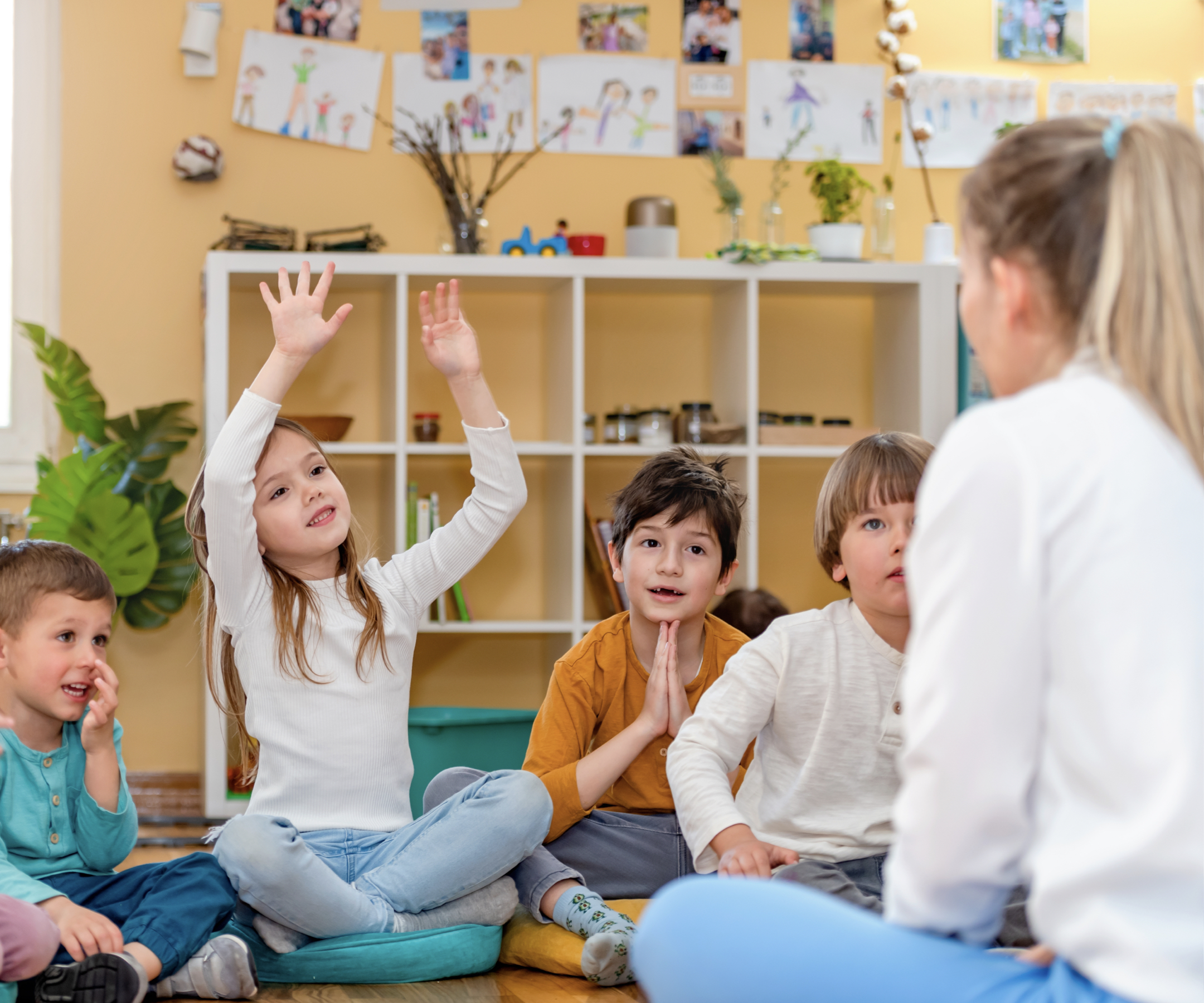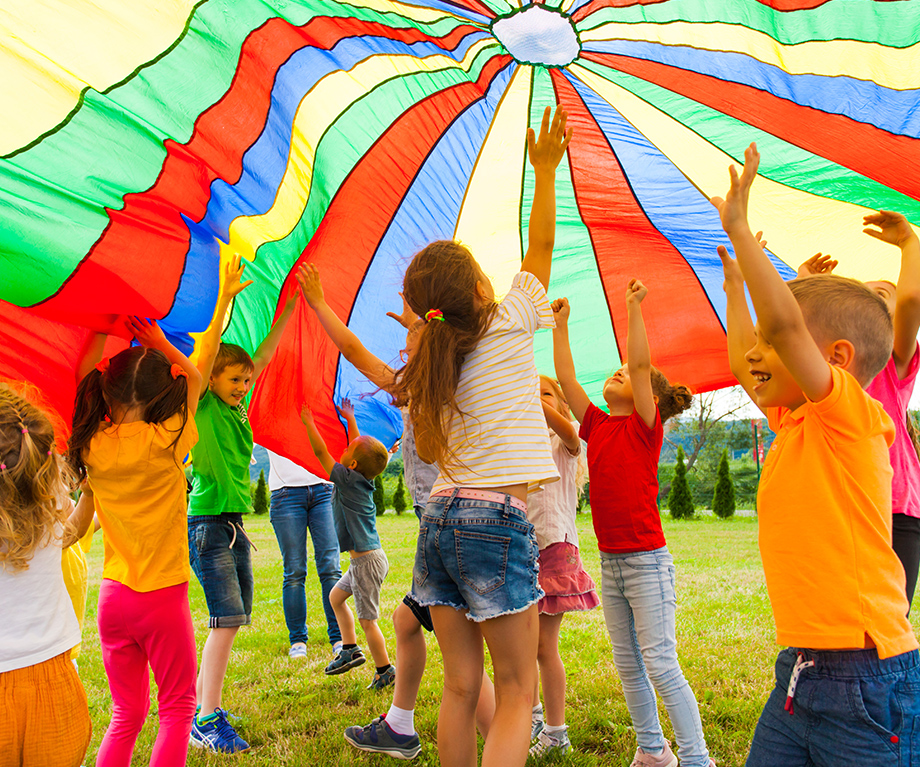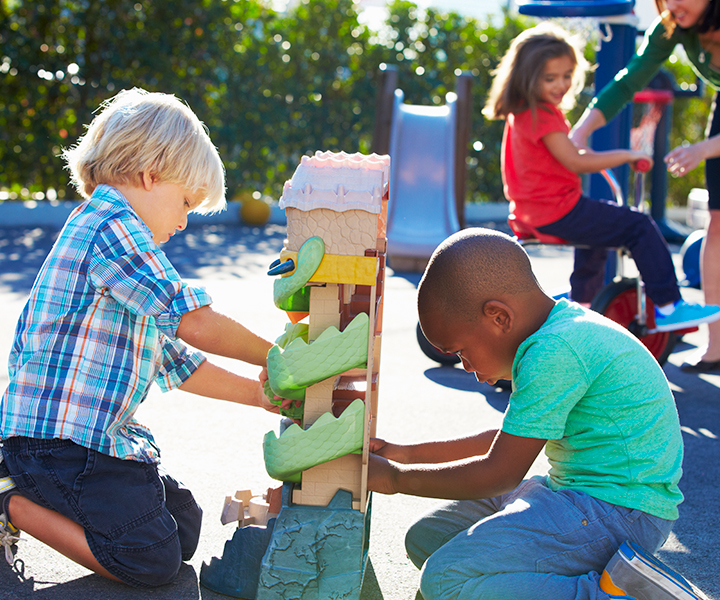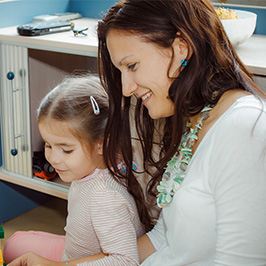Focus on all things social: communication, verbal and non-verbal
interactions, and play amongst others… all with peers!
As a parent, you may wonder how social skills groups could be an effective treatment for your child. First, social skills refer to a child’s ability to interact with people. These skills are necessary for your child to make friends, succeed in school, and even prepare for adult life. It might be a bit difficult for children to obtain. Here is where the social skills group comes in. Social Skills Groups are small groups led by a trained professional, who facilitates and teaches kids how to interact appropriately with others their age. Now, how does it work?
Social Skills Group Therapy has a defined purpose and goal. The therapist may lead your kid to exercises to learn the skills needed to deal with whatever social challenge he/she may face. These may include role-play, turn-taking, problem-solving, and even field trips! Therapists will not only demonstrate situations he/she may encounter in life but also how to behave appropriately in such a situation.
Conversational skills are something many of us take for granted every day. We don’t have to remind ourselves how to communicate or interact with other people or maintain good body language and eye contact. For children with exceptionalities, keeping up with social norms is not an easy task. Social Skills Group helps by facilitating and teaching children to interact with other kiddos in a natural environment.
Children often find it difficult to wait for a turn to use a toy or participate in an activity they enjoy. Learning to take turns is an important skill that children need to learn to be most successful. Developing a sense of time takes a lot of practice. Children need our guidance to understand how long “soon” or “in a minute” really is. Social Skills Group aims to encourage children with exceptionalities to learn turn-taking by exposing them to daily life situations.
Children face problems and challenges every day, whether it’s toys, homework, or peer-related. Problem-solving requires us to use our cognitive thinking, be creative, and make decisions. Children gain confidence and independence as a result of their ability to solve problems effectively. Giving children the tools and skills they need to confront these challenges helps them become more resilient and further allows them to achieve their goals.
Most people love sports, and it's easy to get caught up in a game and become focused on winning. Yet, there is much more to gain from the sports experience than a winning record. Sportsmanship is the goal or attitude of enjoying a sport or activity for its own sake. This is done considering fairness, ethics, respect, and a sense of camaraderie among teammates and others.
There are several different stages of play that are often referenced in ABA. Cooperative play is one of them. Cooperative play is when the child is interested in both the individuals and the activity that they are playing. It requires more reasoning and complex communication skills and is more formal than other types of play as each child engaged is working toward a common goal or has an assigned role in the scheme. In a Social Skills Group, cooperative play is done with peers.
Conversational skills are something many of us take for granted every day. We don’t have to remind ourselves how to communicate or interact with other people or maintain good body language and eye contact. For children with exceptionalities, keeping up with social norms is not an easy task. Social Skills Group helps by facilitating and teaching children to interact with other kiddos in a natural environment.
Children often find it difficult to wait for a turn to use a toy or participate in an activity they enjoy. Learning to take turns is an important skill that children need to learn to be most successful. Developing a sense of time takes a lot of practice. Children need our guidance to understand how long “soon” or “in a minute” really is. Social Skills Group aims to encourage children with exceptionalities to learn turn-taking by exposing them to daily life situations.
Children face problems and challenges every day, whether it’s toys, homework, or peer-related. Problem-solving requires us to use our cognitive thinking, be creative, and make decisions. Children gain confidence and independence as a result of their ability to solve problems effectively. Giving children the tools and skills they need to confront these challenges helps them become more resilient and further allows them to achieve their goals.
Most people love sports, and it's easy to get caught up in a game and become focused on winning. Yet, there is much more to gain from the sports experience than a winning record. Sportsmanship is the goal or attitude of enjoying a sport or activity for its own sake. This is done considering fairness, ethics, respect, and a sense of camaraderie among teammates and others.
There are several different stages of play that are often referenced in ABA. Cooperative play is one of them. Cooperative play is when the child is interested in both the individuals and the activity that they are playing. It requires more reasoning and complex communication skills and is more formal than other types of play as each child engaged is working toward a common goal or has an assigned role in the scheme. In a Social Skills Group, cooperative play is done with peers.
We believe that well-established procedures result in a high-quality service. We invest the
time needed to gather the necessary information to produce the best plan of care for all the children we serve.
Our onboarding team will contact you to gather information and documents needed for ABA benefits verification and intake.
After the consultation, we will ask for authorization to carry out an initial assessment. A BCBA will then conduct the assessment upon getting an authorization, if needed.
Following the initial assessment, the BCBA will create a treatment plan based on your child’s needs to be reviewed by you. This treatment plan will then be subject to authorization before it can be implemented.
The approved treatment plan will be implemented by a Registered Behavior Technician under the supervision of a BCBA on a scheduled basis depending on the needs of your child.
Parents play a vital role in a child’s life and ABA program. This training aims to empower you, caregivers, to address challenging situations and continue reinforcing outside therapy hours.
RBTs are supervised regularly and frequently by a BCBA to ensure quality services. BCBAs also utilize this time to observe and evaluate your child and help to solve problems with goals that are making slow progress.
We implement our program in various settings for our children to generalize skills across different environments. We are committed to helping children with exceptionalities beyond the possibilities, and we do that by providing services in places that best suit your child’s needs.



“Learning is not attained by chance; it must be sought for with ardor and diligence.”
Center-based ABA services are specifically designed to provide individualized therapy and education to children with special needs, enabling them to overcome life's challenges. The center provides a structured and safe environment, created to ensure the children's growth and wellbeing, while also preparing them for a smooth transition to an inclusive natural setting.
“Education is the passport to the future, for tomorrow belongs to those who prepare for it today.”
By providing in-school support, we strive to help children learn how to independently navigate their environment while also being active participants in it. Moreover, by decreasing maladaptive behaviors in the classroom/school, we create a space for children to attend and gain the knowledge provided by their teachers.
“Community is about doing something together that makes belonging better.”
We pride ourselves in providing ABA therapy in community settings, such as parks, grocery stores, libraries, and restaurants, among others. These locations are full of various learning opportunities where children can play and interact with peers and adults.

I am really happy with the service. It is not so regimented. I have seen a lot of improvements in her behaviors, and I like the approach so much. It is not focusing only on the academic side, but it also involves how to live life. I appreciate you guys so much.
Ruth
Tamarac, Florida

We have received your request
and will get back to you shortly.
scroll
up